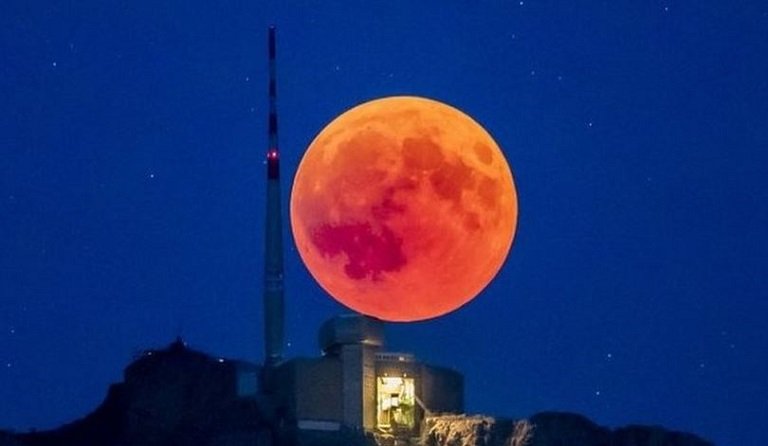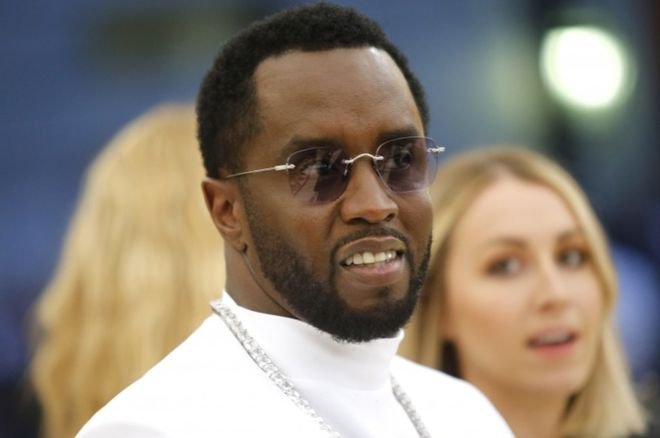Africa
US judge blocks Trump’s new executive order


FILE: President Donald Trump of America displays the executive order banning citizens of seven countries from entering the US
A federal judge in Hawaii has blocked President Donald Trump’s new travel ban, hours before it was due to begin after midnight on Thursday.
US District Judge Derrick Watson cited “questionable evidence” in the government’s argument that the ban was a matter of national security.
President Trump described the ruling as “unprecedented judicial overreach”.
The order would have placed a 90-day ban on people from six mainly Muslim nations and a 120-day ban on refugees.
Mr Trump insists the move is to stop terrorists from entering the US but critics say it is discriminatory.
An earlier version of the order, issued in late January, sparked confusion and protests, and was blocked by a judge in Seattle.
What did the judge say?
Judge Watson said the court had established a strong likelihood that, were the ban to go ahead, it would cause “irreparable injury” by violating First Amendment protections against religious discrimination.
Hawaii state had argued that the ban would harm tourism and the ability to recruit foreign students and workers.

Attorney General of Hawaii, Doug Chin, said “hostility towards a particular religion…violated the constitution”
The 43-page ruling argued that a “reasonable, objective observer” taking into account the context of the Executive Order would conclude it “was issued with a purpose to disfavour a particular religion”.
It notes statements made by Mr Trump such as a 2015 press release calling for “a total and complete shutdown of Muslims entering the United States”, and his adviser Rudolph Guiliani, who said in a television interview in January: “When [Mr Trump] first announced it, he said, ‘Muslim ban’. He called me up. He said: ‘Put a commission together. Show me the right way to do it legally.’”
It also says there is a “dearth of evidence indicating a national security purpose”.
What does Mr Trump say?
Speaking at a rally in Nashville, Tennessee on Wednesday evening, Mr Trump said the ruling in Hawaii was “flawed” and a case of “unprecedented judicial overreach”.
His administration argues that the constitution gives the president the power to suspend immigration when he deems it to be in the national interest of the country, and that neither the initial or revised orders discriminate on the basis of religion.
Justice department lawyers argue that the revised ban is an extension of President Obama’s move towards stricter screening of travellers from the six countries.
What happens next?
Mr Trump said he will take the case “as far as it needs to go”, including to the US Supreme Court.
An appeal against the Hawaii decision would be expected to go next to the Ninth Circuit Court of Appeals – the same court which in February said it would not block a ruling by a Seattle court to half the original travel ban.
However, also on Wednesday, five judges at that court wrote a letter saying they believed that decision was an “error”, and the first Executive Order was “well within the powers of the presidency”.
California, Maryland, Massachusetts, New York, Oregon and Washington state are all taking part in legal actions against the revised ban.
Washington state Attorney General Bob Ferguson, who is attending a court hearing in Seattle in his efforts to block the travel ban, described the ruling as “fantastic news”.
“It’s very exciting. At this point it’s a team effort – multiple lawsuits and multiple states,” he said.
Who does the travel ban affect?
Under the revised order, citizens of six countries on the original 27 January order – Iran, Libya, Syria, Somalia, Sudan and Yemen – would once more be subject to a 90-day travel ban.
Iraq was removed from the list because its government had boosted visa screening and data sharing, White House officials said.
The revised order also lifts an indefinite ban on all Syrian refugees and says Green Card holders (legal permanent residents of the US) from the named countries will not be affected.










